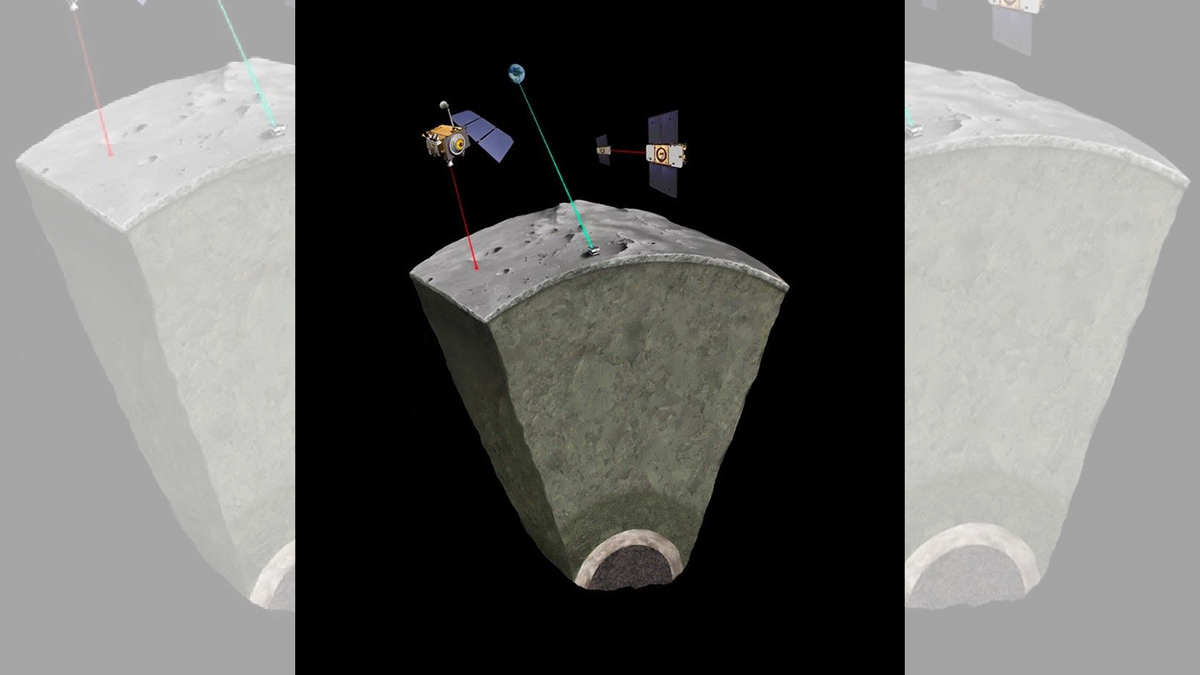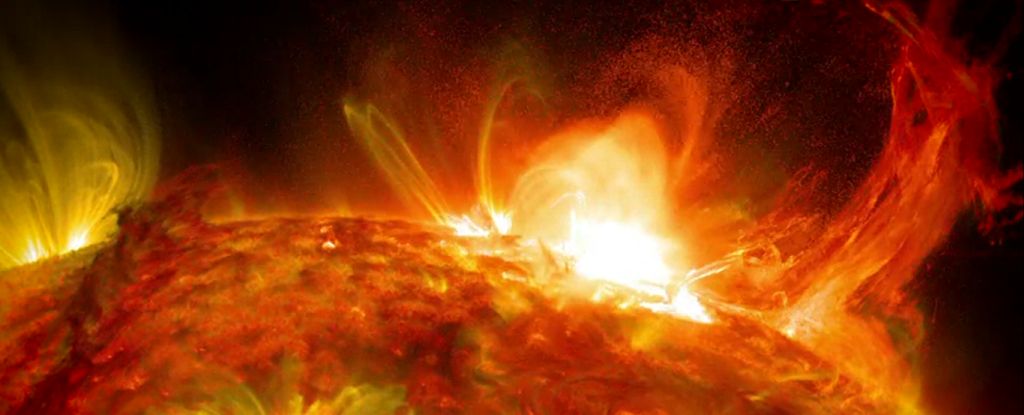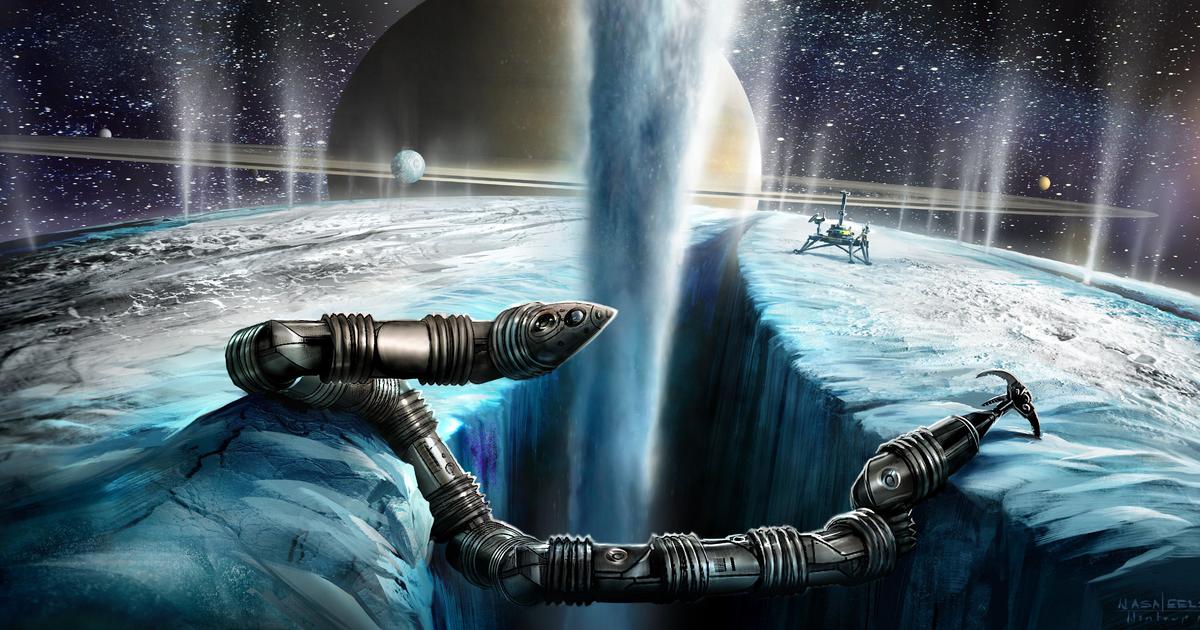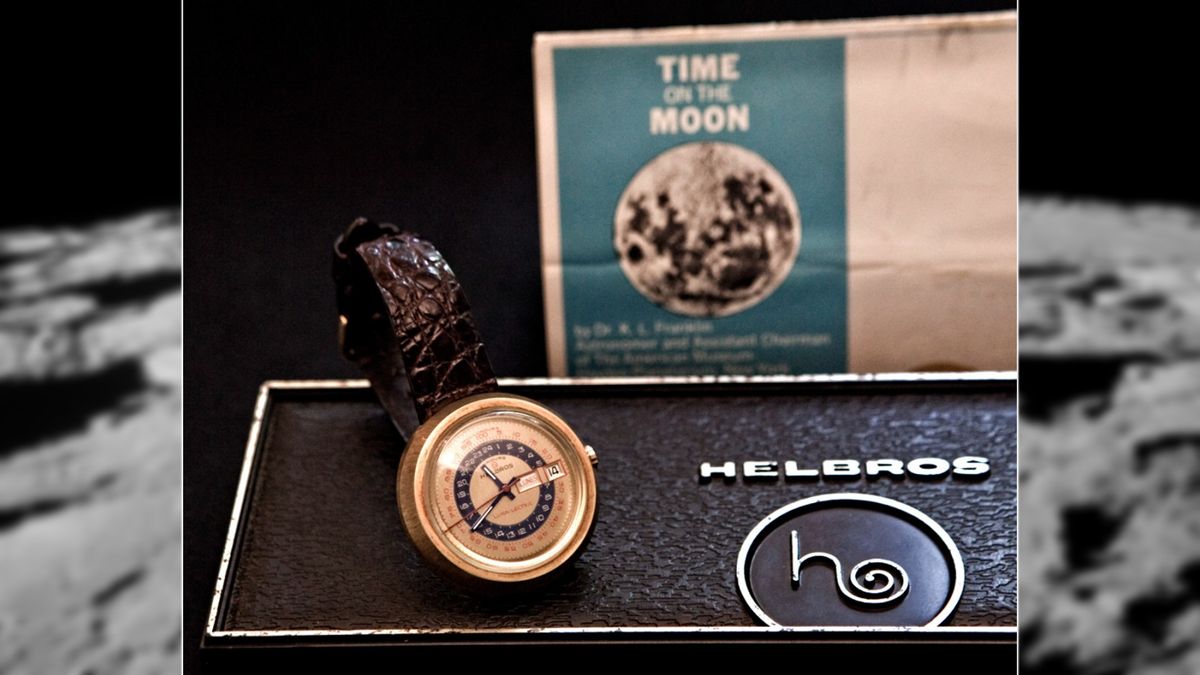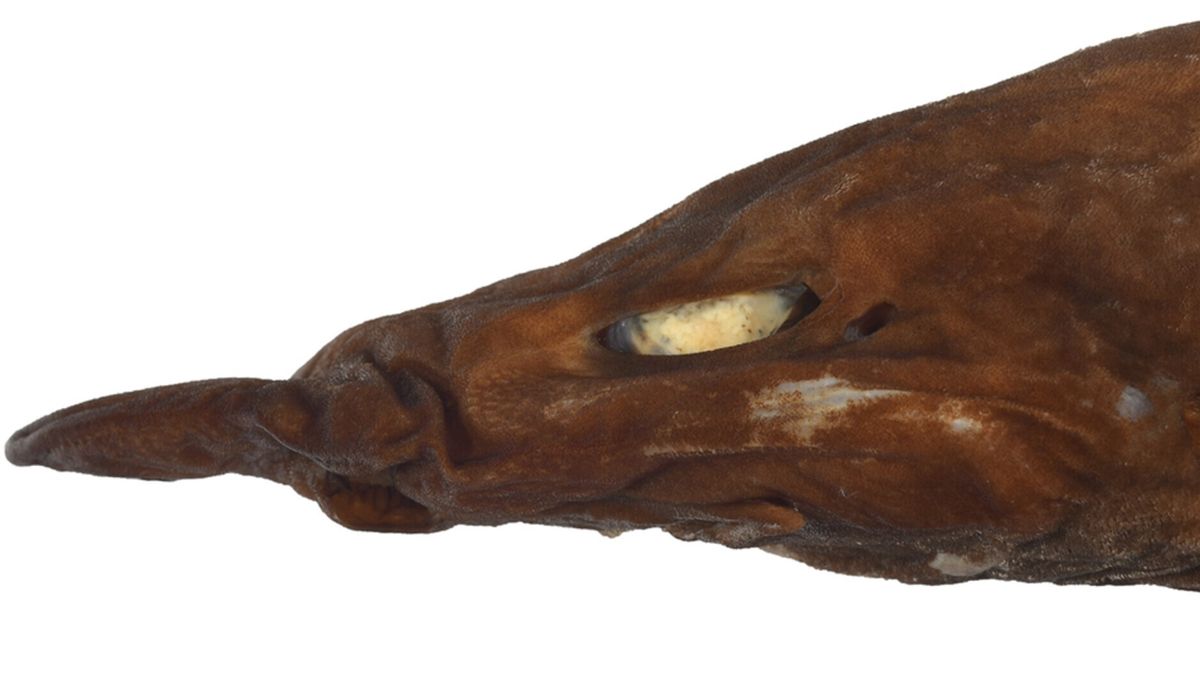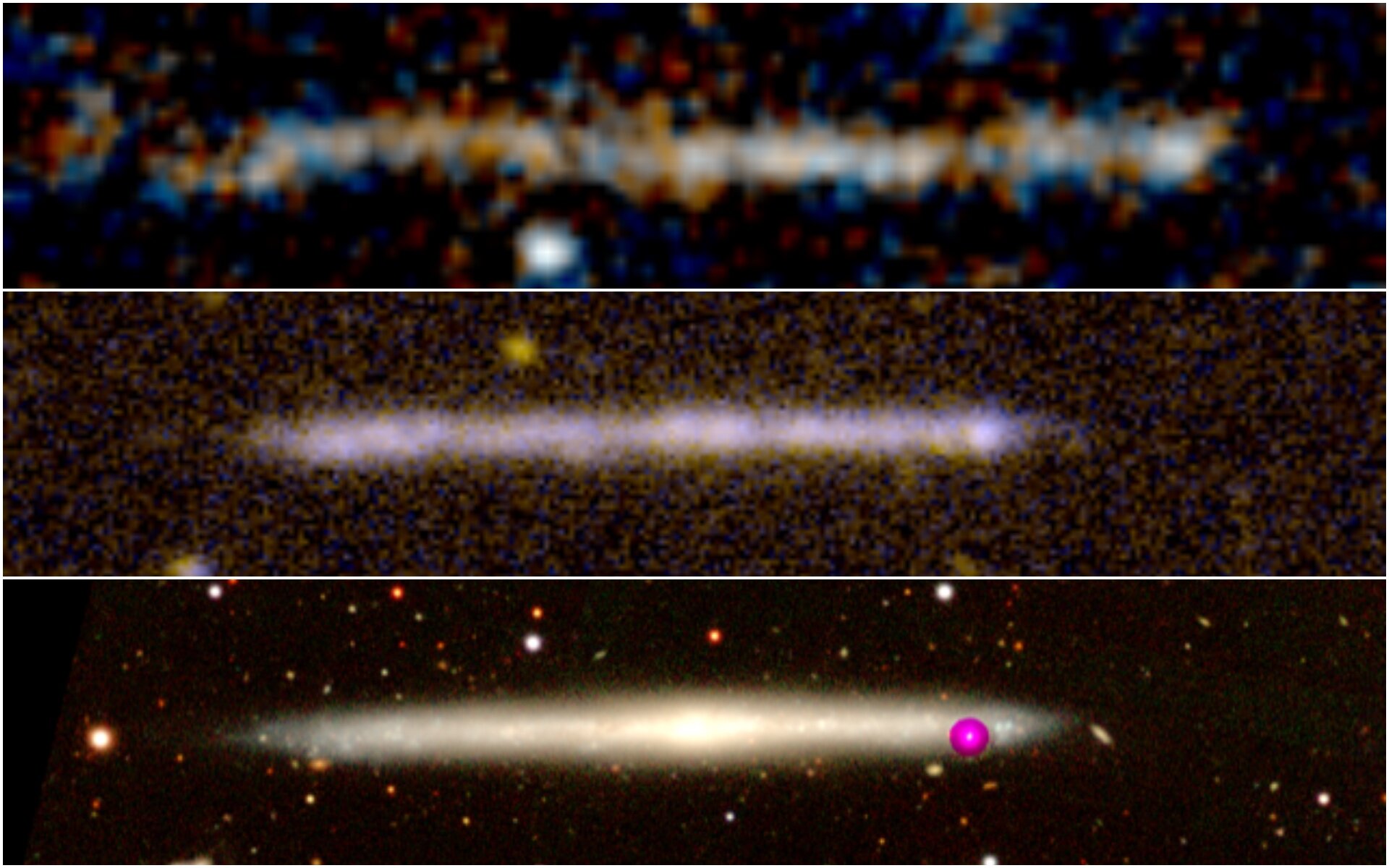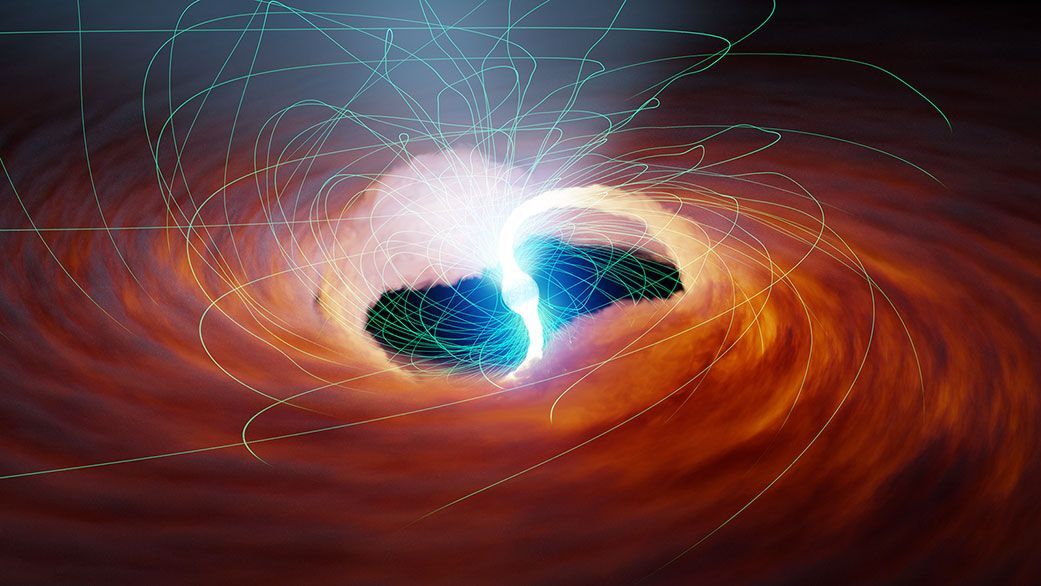Sailorsaint
Guest
- Joined
- Mar 8, 2005
- Messages
- 12,427
- Reaction score
- 21,798
Offline
I don't buy it. I'm not saying the moon is hollow, but I think it's less dense the deeper you go. When they experimented back in the 70s they discovered that vibrations sped up as they got deeper, not slowed down.For the 1st time, scientists confirm the moon has a solid iron 'heart' just like Earth
After more than 50 years, scientists finally confirmed that the moon has a solid inner core, just like Earth.www.livescience.com


